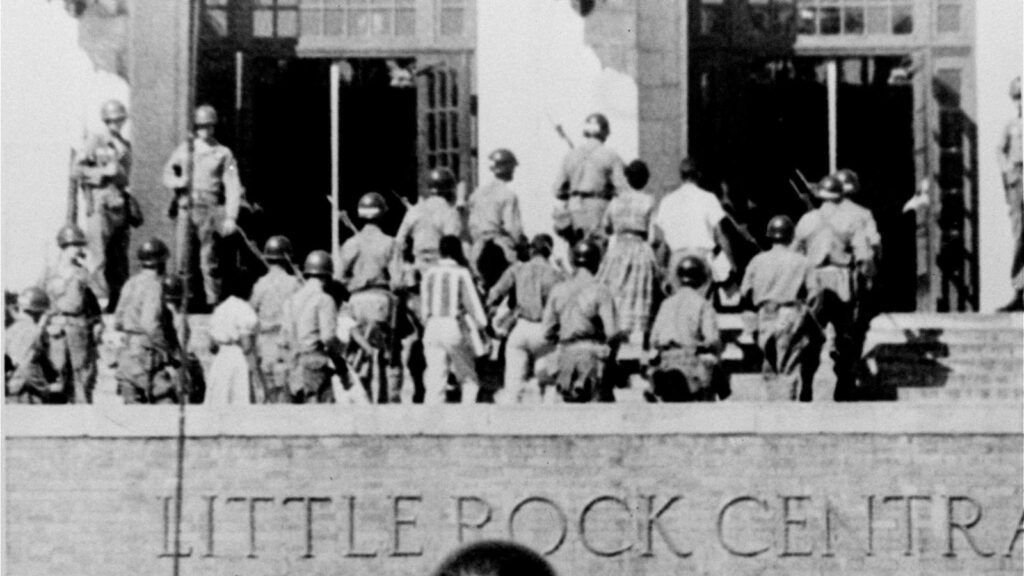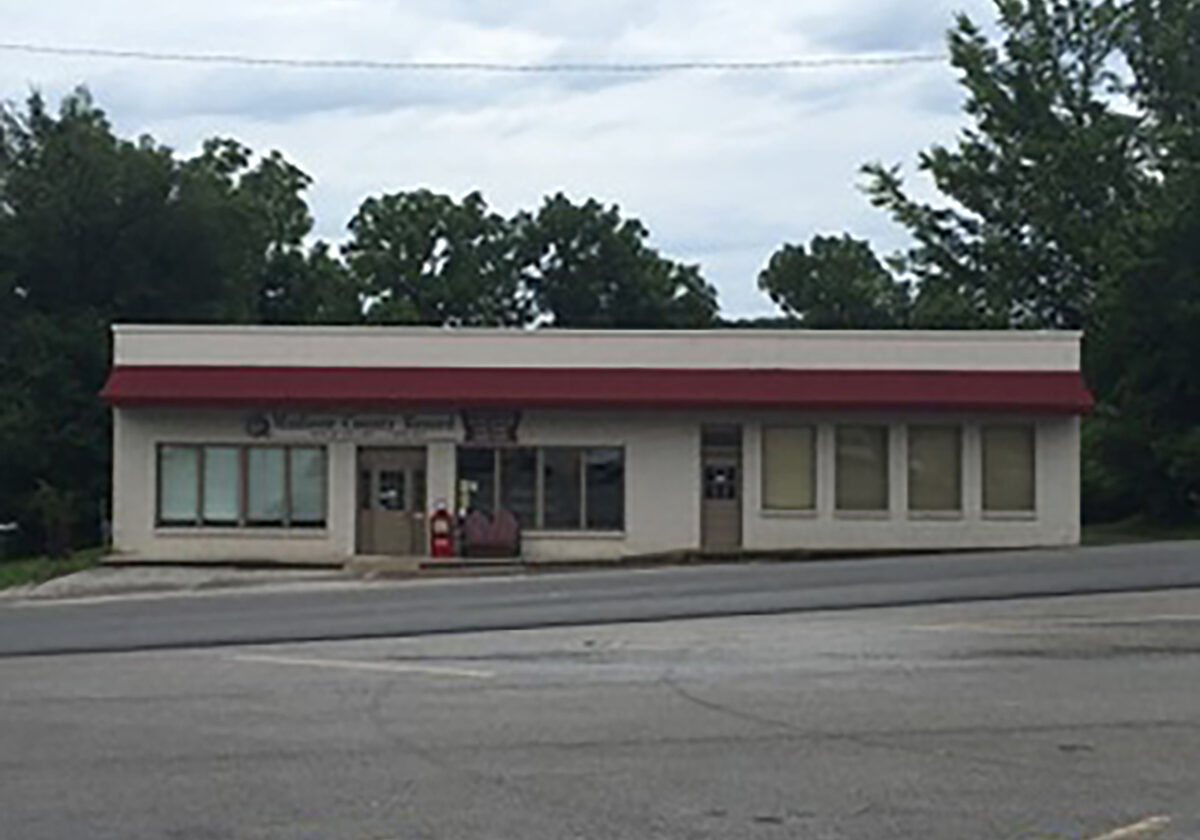SNF Paideia Fellows Program
When the application for the SNF Paideia Fellows Program was announced in spring of 2020, Celia was enrolled in a course with Dr. Michael Delli-Carpini, the faculty director of the Paideia Program. He promoted the opportunity to his students and Celia’s interests were piqued. “One of the benefits of the program is its holistic approach to education,” she said. “As a Fellow, I have the liberty to integrate my thesis with a capstone project that doesn’t need to be strictly communications theory. This appealed to me because it allowed me to integrate a hands-on component to the communications studies aspect of my education.”
The readings, discussions, and individualized mentoring of the Fellowship Program have inspired Celia to really consider what she wants to get out of her undergraduate experience and for what purpose. “I don’t feel the need to just check boxes anymore. I feel my education is much more focused and that I can put my energy towards something I’m passionate about, going deeper with it. I wouldn’t have had that foresight without the program,” Celia said.
Deepening Research

With funding from the Fellows Program, Celia is currently working on two different projects, the first of which is more quantitative and related to her interest in diction. The seed of the idea sprouted from the SNF Paideia designated course Peace Communications with Samantha Moore-Berg. “This class taught me a lot about meta-perception and is where I derived the idea of exploring different political diction for my Fellows civic project pitch.” Celia is researching political legislation and identifying politically relevant words that have the capability to unify or divide. She would like to decrease partisanship and polarization by increasing the use of unifying words and discouraging the use of language that may be divisive. “This summer, I researched polarizing bills that had bipartisan outcomes—for instance, the Covid-19 package, the CARES Act—and I looked at what elected officials said, and then what the public was saying. I’m trying to identify words that can unify those two, so it’s top-down and bottom-up.” Celia uses Amazon’s MTurk to have people vote on what words they think are unifying. Although the research has been a challenge to implement, it has provided an opportunity for Celia to learn applied research techniques.
The second project in which Celia is deeply involved is researching the 1957 Crisis that happened in her hometown of Little Rock, AR. The judicial effort to integrate Little Rock Central High School sparked racism and violence while underscoring the sharp partisan divides in Little Rock. Celia seeks to better understand the complex political, cultural, legal, and communicative elements. “I’ve been delving into the buildup and the aftereffects of the Crisis and trying to get a grasp on the culture in Little Rock, the legislation, all the different elected representatives, and the communication between then Governor Faubus and President Eisenhower,” Celia said. Through education and raising awareness about the many different factors influencing the situation, Celia hopes to develop a project that can shed light on what occurred in hopes of determining more mechanisms for inspiring further social progress. “In doing the research, I talk a lot about dialogue and opening up, and I think that if we could just talk about what happened, it would be very helpful.” While the project is incredibly intricate and ambitious, she plans to use her research into this historic incident as a baseline for her Fellows capstone project.

Community of Peers
In addition to the academic enrichment, the Fellows Program has offered Celia a community of peers and a home base. “The program has exceeded my expectations. It has connected me with people who I wouldn’t have encountered because we are all from different majors and classes. We have interest in at least one or more of the pillars which centers our connection. The pillars are very intersectional, which allows us to relate on a deeper level, not something that is strictly academic.” Celia reflected that having a structured time in the Fellows pro-seminar and specific, designated mentors to talk about Paideia related problems and solutions creates a scholarly community that is not typical of other academic programs or opportunities she has pursued at Penn.
The program has exceeded my expectations. It has connected me with people who I wouldn’t have encountered because we are all from different majors and classes. We have interest in at least one or more of the pillars which centers our connection. The pillars are very intersectional, which allows us to relate on a deeper level, not something that is strictly academic.
Integrating her personal history, her academic studies, and her future goals, Celia has found an anchor in the SNF Paideia program. The framework of dialogue across difference will serve her well as she pursues a professional path of law school and continues to pay attention to the impact of words across context.




